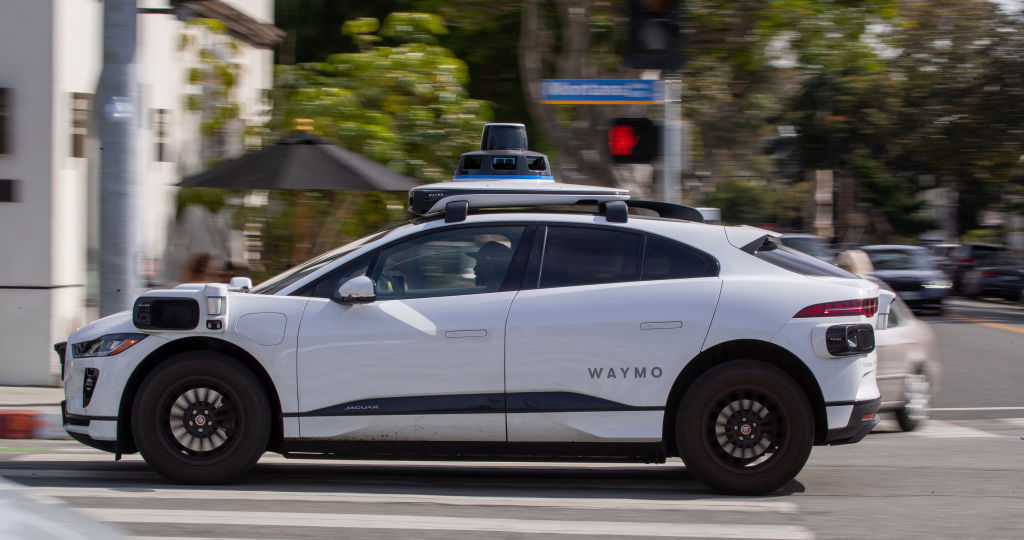Apple’s “intelligent” virtual assistant Siri may not be so smart after all.
A New York man is suing Apple for “false advertising,” alleging that the multi-billion dollar company’s commercials featuring Siri communicated a “misleading and deceptive message” about the virtual assistant’s abilities, The Wall Street Journal reported.
Frank Fazio’s class-action lawsuit emphasized that Apple’s advertising campaign for Siri depicted people using Siri to help find local restaurants, learn how to tie a tie, schedule appointments and even learn to play music.
Fazio, who purchased his iPhone 4S in November, claimed that he would not have paid its $299 sticker price if not for the explicit promises made in Apple’s promotional advertisements featuring Siri.
“The iPhone 4S’s Siri feature does not perform as advertised,” the complaint filed Monday in the U.S. District Court of Northern California read.
When Fazio spoke into his iPhone and asked Siri for directions or to locate the address of a store, “Siri either did not understand what Plaintiff was asking, or, after a very long time wait, responded with the wrong answer.”
The lawsuit, which asks for unspecified damages, states that Siri is “at best, a work-in-progress.”
Fazio, represented by Robbins Geller of San Diego, does not seem to be the only one who thinks Siri is merely in a phase of working out the kinks.
Tech
Even its creator, Apple, has explained that Siri is considered to be in “beta,” meaning that it is still in the development phase. The lawsuit notes that Apple does not always make it a point to mention this detail in its advertisements, essentially duping users who think they are buying a completely fine-tuned product.
There appears to be many disgruntled iPhone 4S users out there. Cult of Mac, a daily news site that tracks everything Apple, argued that Siri is “broken” and currently performs much worse than when it was first launched in October.
An Apple spokeswoman declined comment to The Wall Street Journal.



